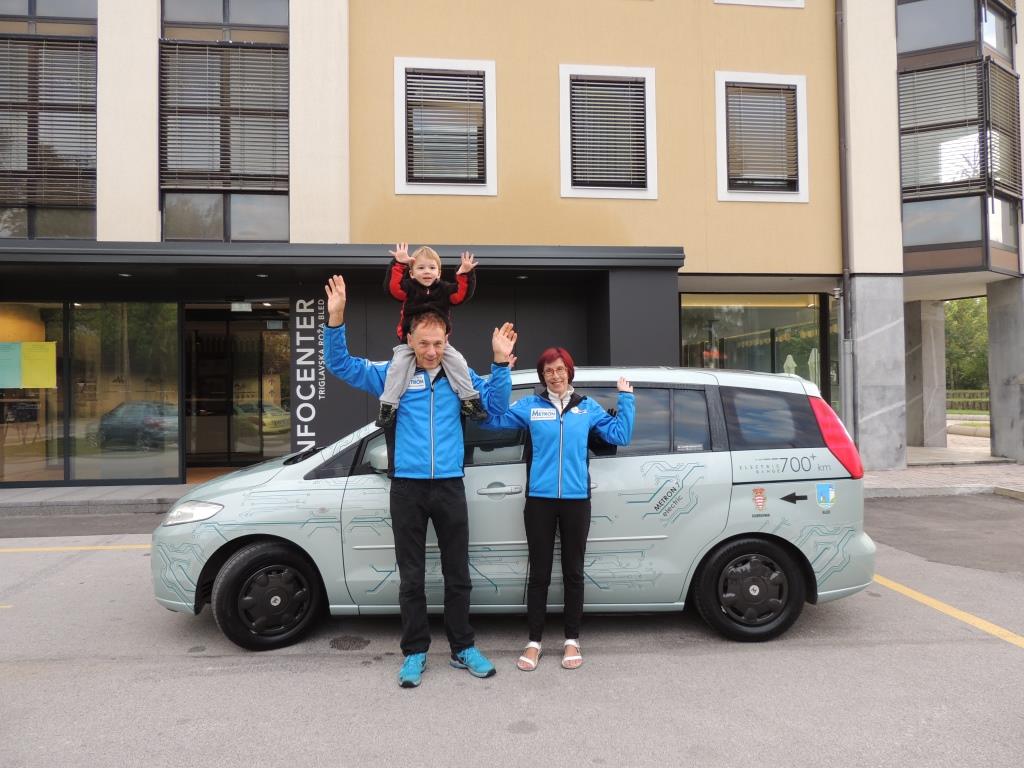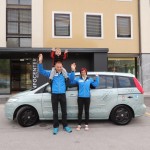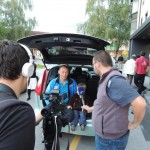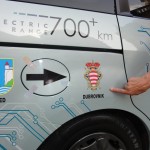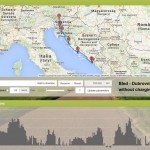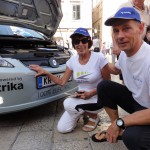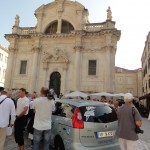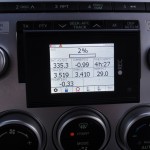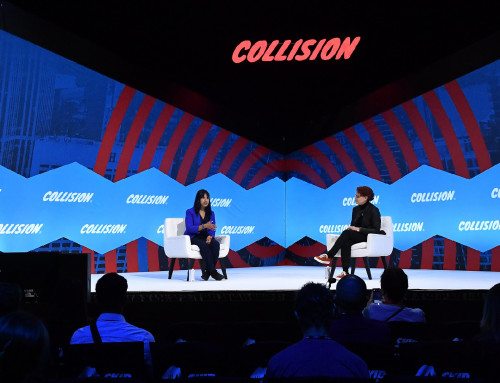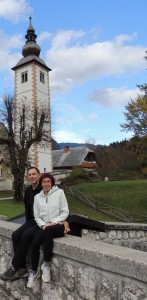 One small village … not in Gaul … but Slovenia, is home to Jasna and Andrej Pečjak. He is a rebel. With heart and mind. She craves coffee and freedom. Having grown up in a communist country, both share the passion for independence; and respect for nature.
One small village … not in Gaul … but Slovenia, is home to Jasna and Andrej Pečjak. He is a rebel. With heart and mind. She craves coffee and freedom. Having grown up in a communist country, both share the passion for independence; and respect for nature.
They have been driving electric for many years. The discussions around range anxiety and electric cars being too expensive tire them, yet at the same time they fuel their zeal. One of their pride is a winner’s cup driven home at one of the renowned races for new mobility. Proof to their ability to beat Tesla Motors, the newcomer from California who challenges the automotive industry. They know they can beat them again.
But after driving home the win in Monte Carlo the rules for this race changed. Who exercised their influence? Never mind. Andrej is already planning for his next coup which has to be kept top secret until it’s time. Because the world record he wants to set during the WAVE Trophy has the power to stir up the market and create some massive waves.
![]() Institut Metron is a family-owned buiness specialised in technologies for electric mobility and a sustainable energy cycle.
Institut Metron is a family-owned buiness specialised in technologies for electric mobility and a sustainable energy cycle.
The Slovenian company converts conventional ICE (internal combustion engine) cars into battery powered vehicles and fits electric range extenders into existing electric vehicles or builds and installs charging stations. Also, Institut Metron offers customers all the equipment needed for operating EVs and consults on intelligent energy concepts for their home.
It’s not for nothing that in 2015 founder and owner Andrej Pečjak was nominated for the World Technology Award which is handed out yearly in New York. Institut Metron also organizes Slovenia’s largest conference on electric mobility every year and they hold regular training sessions for car mechanics to convert and service electric vehicles.
The morning of October 11th in 2014 marks the beginning of a notable weekend. Andrei and Jasna Pečjak are about to start their world record attempt in their latest electric vehicle Metron 7, a converted Mazda 5. And Metron 7 isn’t just any car. It’s the blueprint for an electric vehicle that plays a major role in Project Black Hungarian. Interestingly enough, the vehicle was created almost simultaneously to the novel.
At 8.30 am sharp, the Institut Metron team starts their journey from Bled to Dubrovnik following the Croatian coast accompanied by tourism manager Eva Štravs and Igor Kolovrat, organizer of the Croatian Nikola-Tesla-Rally. The latter are responsible for the organization of the record-breaking drive in Slovenia and Slovakia, respectively. A film and media team comes along as well.
- Andrej and Jasna Pečjak withMetron 7
- Film interview prior to start
- Sealing the charging socket
- A real EV enthusiast
The drive takes the small convoy across Slovenia to the Adriatic coast and the picturesque country roads along the sea. The route presents with more than 5000 meters difference in elevation some challenges for driver and navigator of Metron7. In the evening, the group reaches Stari Grad, where they spend the night, but without recharging the battery of the vehicle. This is ensured by sealing the charging socket of the car. The battery charge state shows 51% of its capacity and average driving speed during the day was 66km per hour. Andrei and Jasna know that it will be tight the next day because despite the hilly landscape they want to drive with a normal speed and not be an insidious obstacle to other drivers.
But they start confident on October 12th on the second and final leg of their record attempt that takes them to their destination via Split. Dubrovnik welcomes the group in the afternoon in bright sunshine. The team from Institute Metron passes relieved and happy through the archway to the destination with 2% capacity left in the battery. It’s done! Andrei and Jasna Pečjak covered a total of 726km at an average speed of 65km per hour on a single charge, thus have set a new record.
- Route from Bled to Dubrovnik
- Welcome at Dubrovnik
- 726km later
- SoC – State of charge at arrival
With total capacity of 98kWh, consisting of seven units with a total of 240Ah powerful lithium polymer cells plus a 12kWh battery as electric range extender, the vehicle with a weight of less than 1.8 tons showed an average consumption of some 13kWh/100km. At German electricity prices (0.30 € / kWh) the drive would have cost over 29 euro, in Slovenia (0.09 € / kWh), however, it was only 9 €. Since Andrej Pečjak recharges their cars via the in-house solar system, the ride was almost for free.
The value of the world record which he set up thanks to the high average speed of 65km/h – compared to previous records with average speeds of 29km/h or 40km/h – is priceless.

